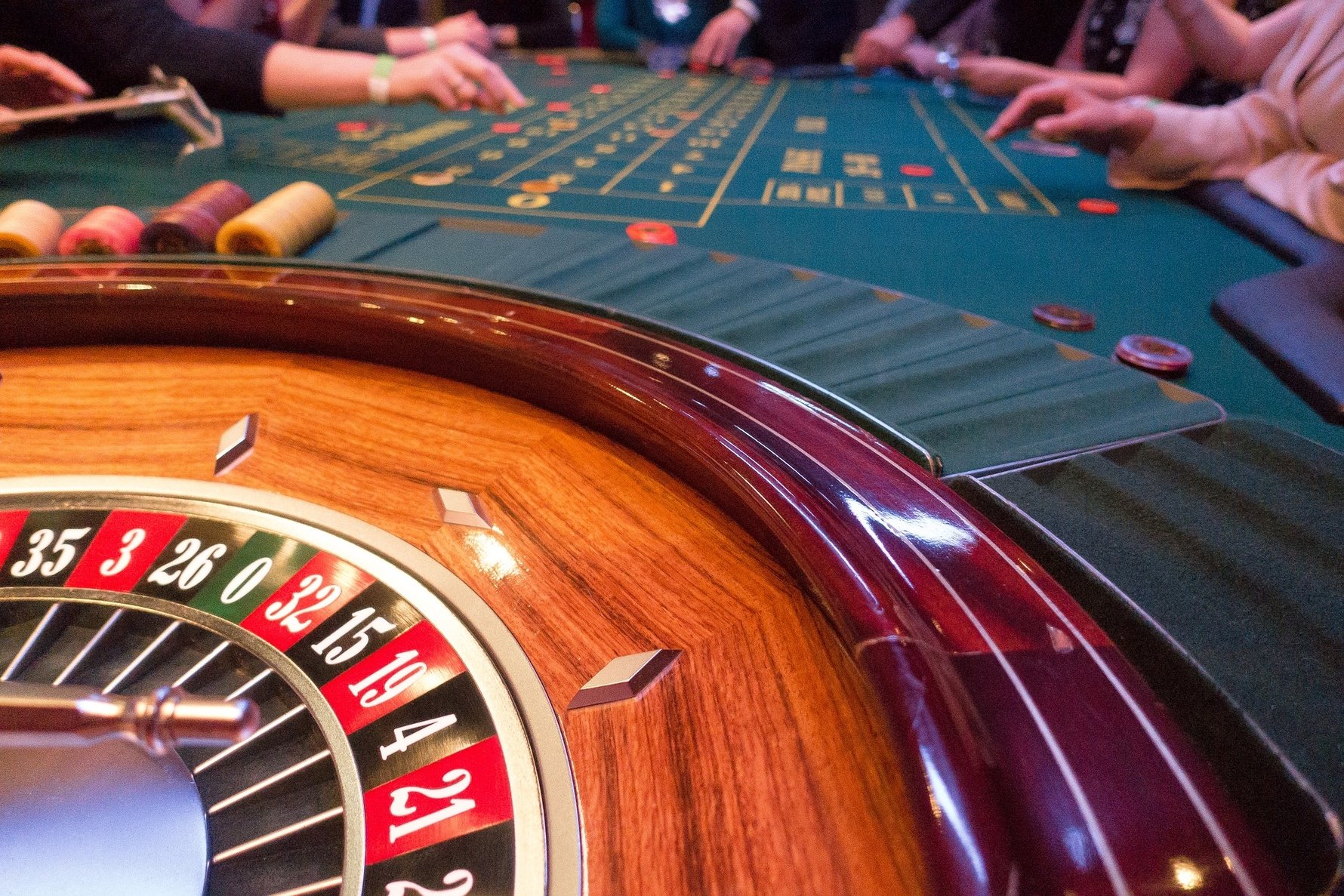In the vibrant world of betting, casino activities have long seized the attention of players around the globe. These games, spanning timeless table options like poker to the whirling reels of fruit machines, offer an captivating mix of luck and strategy. While luck undeniably plays a significant role in determining outcomes, the significance of skill in many gambling activities cannot be neglected. 188bet Comprehending how knowledge influences the experience can elevate not only a player’s engagement but also their likelihood of winning.
As we delve deeper the mechanics of gambling activities, it becomes apparent that some need a strong foundation of knowledge and strategy. Games like blackjack call for more than simple luck; they demand critical thinking, emotional insight, and calculated decision-making. In comparison, other activities, such as roulette and fruit machines, are primarily based on luck, allowing participants to rely solely on fortune. This difference raises fascinating questions about what genuinely drives victory in the domain of gambling and how a gambler’s skill set can sway the outcome in their benefit.
Grasping Expertise vs. Luck within Gambling Games
In the world of casino games, the debate between skill and luck is a long-standing one. Several games are frequently divided into two categories: those that rely predominantly on chance, such as slot machines and roulette, and those where skill plays a crucial role, like the game of poker and 21. The distinction is important because it influences not only gameplay strategies but also the approach players take when participating with these games. While luck can play a critical role in the immediate, skilled players can boost their chances of winning over the extended period in skill-based games.
Skill-based games, especially poker, require players to comprehend probability, psychology, and game theory. A seasoned poker player can analyze rivals, make calculated bets, and understand when to fold, all of which can lead to greater successful outcomes. Conversely, in games that are purely based on chance, no amount of skill can alter the odds. This implies that although a player may win big in one session, their success may often be subject to the vagaries of chance results rather than any tactical expertise.
Ultimately, both skill and luck exist together in the world of casino games, forming a dynamic environment for players. While games of chance can provide excitement and instant gratification, proficiency and strategy in skill-based games offer a richer level of engagement for those willing to dedicate time in refining their craft. This interaction between skill and luck defines the experiences of players and shapes their relationship with the games they select to play.
The Impact of Skill on Game Outcomes

In the field of casino games, ability plays a significant role in determining the results, especially in games where tactics and decision-making are paramount. For instance, in the game of poker, players must analyze opponents, calculate odds, and make strategic bets to enhance their odds of succeeding. Unlike activities that depend purely on chance, such as slot machines or roulette, poker demands an understanding of both the rules and the behavior of other participants, making expertise a vital component of victory.
Additional skill-based activities, like blackjack, also emphasize the significance of player expertise. Understanding of basic strategy, card counting, and when to hit or stand can dramatically influence the house edge. A proficient 21 player can reduce this edge and boost their odds of winning significantly. This contrasts sharply with activities that do not permit for such tactical play, showcasing how the level of skill directly affects the potential for favorable results.
Moreover, even within games considered primarily chance-driven, like the game of craps, the choices made by gamblers can impact their overall success. Choosing the optimal bets, understanding the likelihoods of different outcomes, and controlling one’s bankroll are essential aspects that can enhance a player’s experience and results. Thus, while chance remains a factor in gambling, skill can significantly influence how efficiently players navigate these settings, leading to more positive results.
Strategies for Proficient Play in Gaming Establishments
To succeed in gambling games, players must develop a strong comprehension of the rules and probabilities involved in each game. This basic knowledge enables individuals to make informed decisions, especially in skillful games like Texas Hold’em and blackjack. Becoming acquainted oneself with game tactics, such as keeping track of cards in 21 or identifying wagering trends in poker, can significantly enhance a player’s odds of success. Practicing these tactics through practice games or lower-stakes games allows players to refine their skills without risking substantial amounts of cash at stake.
Another key approach is bankroll management. Players should create a spending limit before going into the gaming establishment and adhere to it strictly. This involves deciding how much they are prepared to lose and setting limits on how much they will wager in each session. By keeping a disciplined approach to spending, players can prolong their play and reduce the chance of significant losses. Additionally, taking breaks can help maintain a clear mind and prevent rash decisions that often lead to poor play.
Ultimately, managing emotions is essential in the high-stakes environment of a casino. Players must be adept at controlling their emotions, particularly during times of winning or defeats runs. Staying attentive and not allowing emotions influence gameplay can lead to more logical decisions. Techniques such as deep breathing or stepping away from the gaming table during intense moments can help maintain calmness. By cultivating a steady state of mind, players can approach casino games with confidence and expertise, thereby enhancing their overall experience and results.